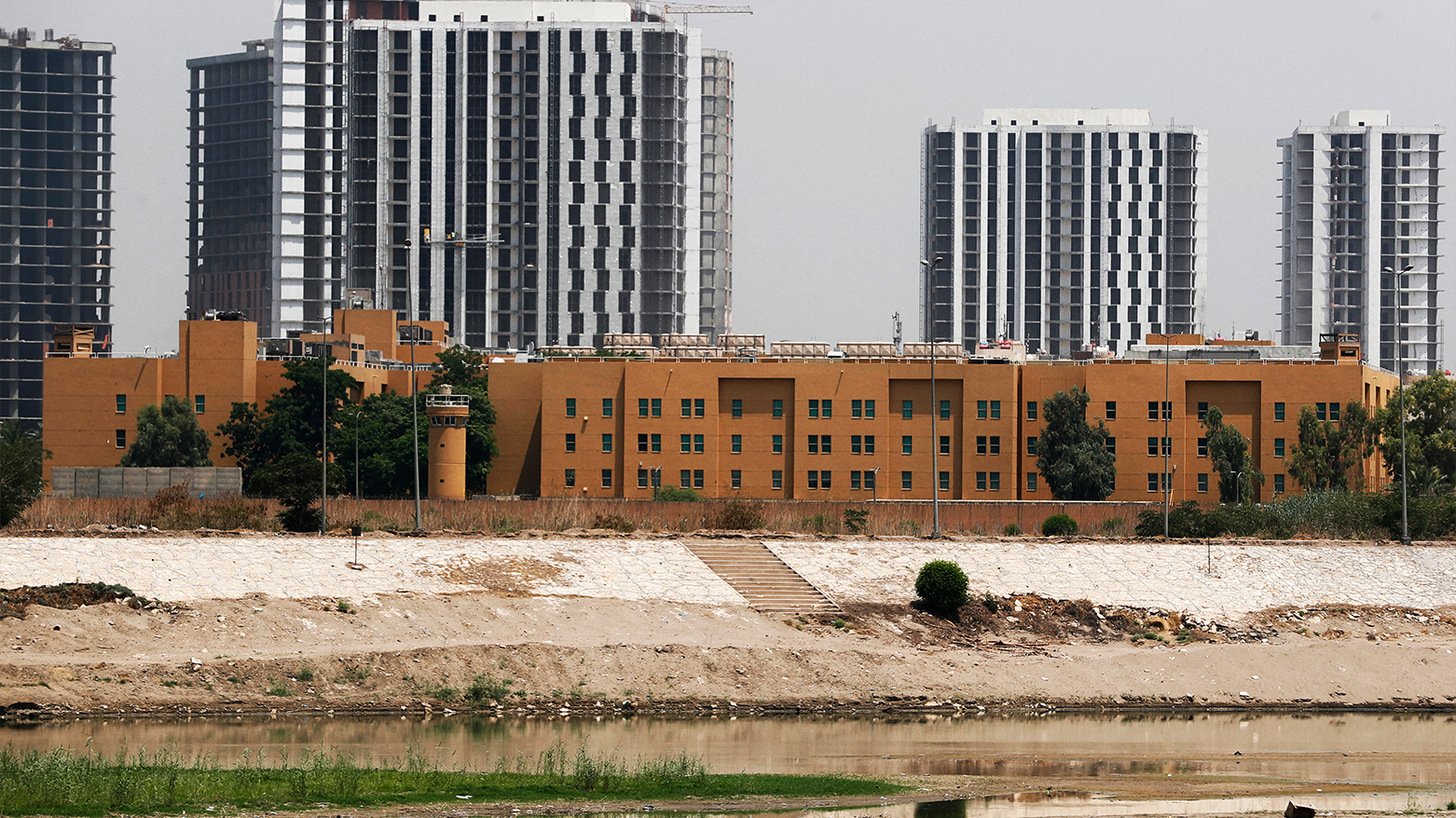U.S. Reduces Diplomatic Staff in Iraq Amid Regional Tensions Following Strikes on Iran
The U.S. withdrew more personnel from Iraq following strikes on Iran’s nuclear sites. While embassies remain open, fears grow of Iranian-backed retaliation. With rising tensions, Iraq faces renewed pressure to balance ties with both Washington and Tehran.

By Kamaran Aziz
ERBIL (Kurdistan24) — The United States has withdrawn additional personnel from its diplomatic mission in Iraq over the weekend, following Washington’s entry into the ongoing conflict between Israel and Iran with a series of airstrikes on key Iranian nuclear sites.
“As part of our ongoing effort to streamline operations, additional personnel departed Iraq on June 21 and 22,” a U.S. official told AFP on Sunday. The official noted that the move was part of a broader effort that began the previous week “out of an abundance of caution and due to heightened regional tensions.”
Despite the reduction in staffing, the U.S. embassy in Baghdad and consulate in Erbil remain operational.
The drawdown comes on the heels of a major escalation in the region. On Sunday, U.S. President Donald Trump announced that American forces had conducted precision airstrikes on Iran’s main nuclear facilities—Fordow, Natanz, and Esfahan—joining Israel in what has now become an intensifying military campaign against Tehran.
In response, Iran has threatened to target American military bases across the Middle East if hostilities continue. Tehran views Washington’s direct involvement as a declaration of war, prompting fears of a wider regional conflict.
In Iraq, concerns are mounting over the potential for Iranian-backed armed factions to retaliate against U.S. interests. These groups have previously carried out rocket attacks on American bases and diplomatic compounds, and have warned that any U.S. alignment with Israeli actions would trigger swift and violent responses.
Iraq, which has long maintained a fragile balancing act between its political and security ties to both Tehran and Washington, finds itself once again in the crosshairs of geopolitical confrontation. The country has historically served as a battleground for proxy conflicts, particularly in times of U.S.-Iran tension.
As the situation evolves, Iraq’s leadership continues to emphasize the importance of neutrality and de-escalation, seeking to avoid being pulled further into a broader regional war.